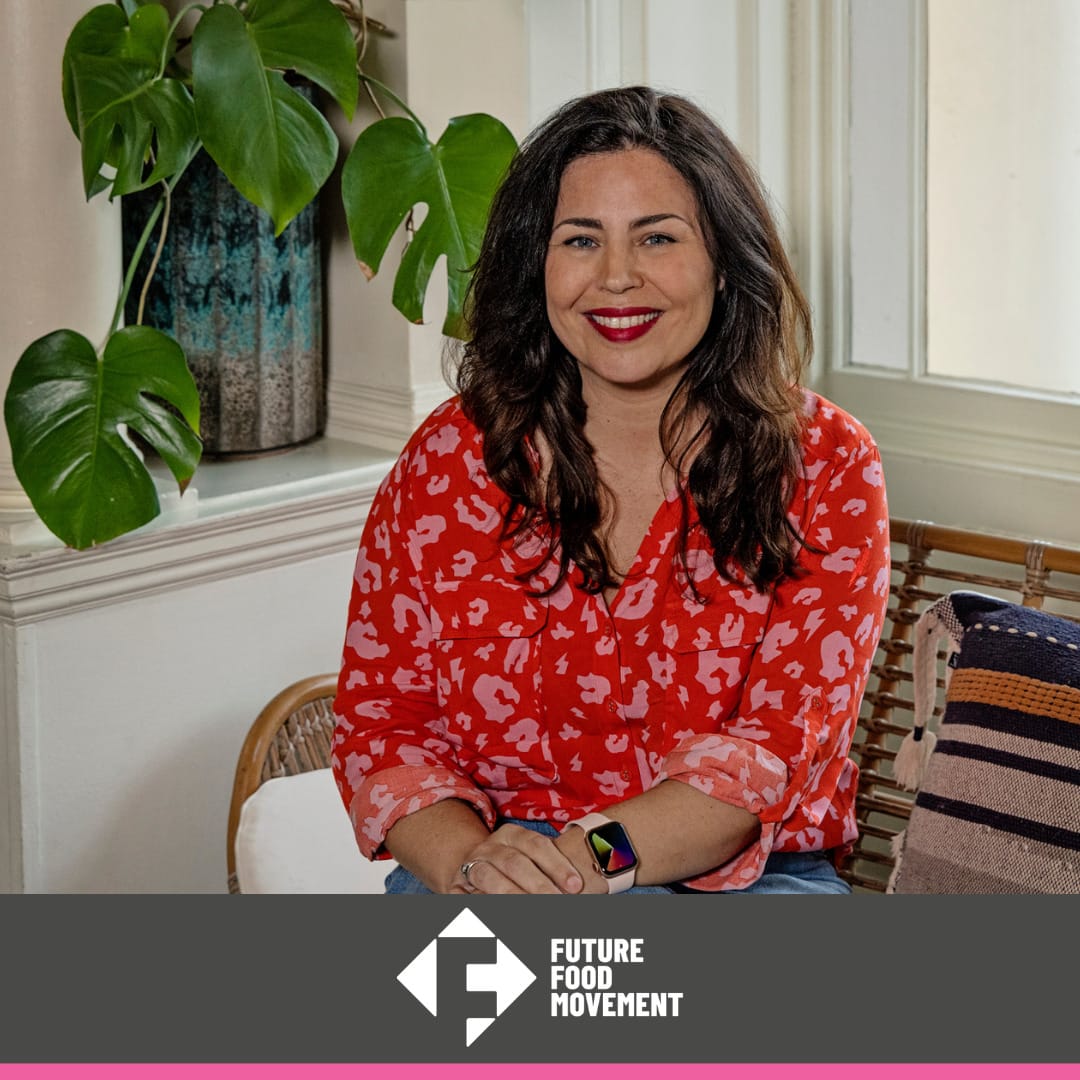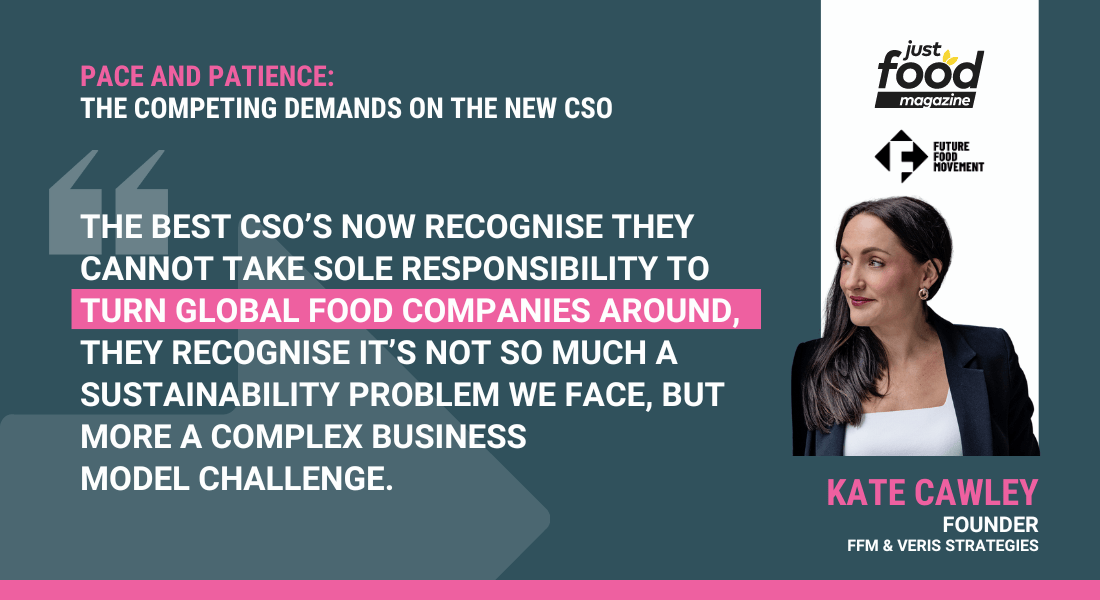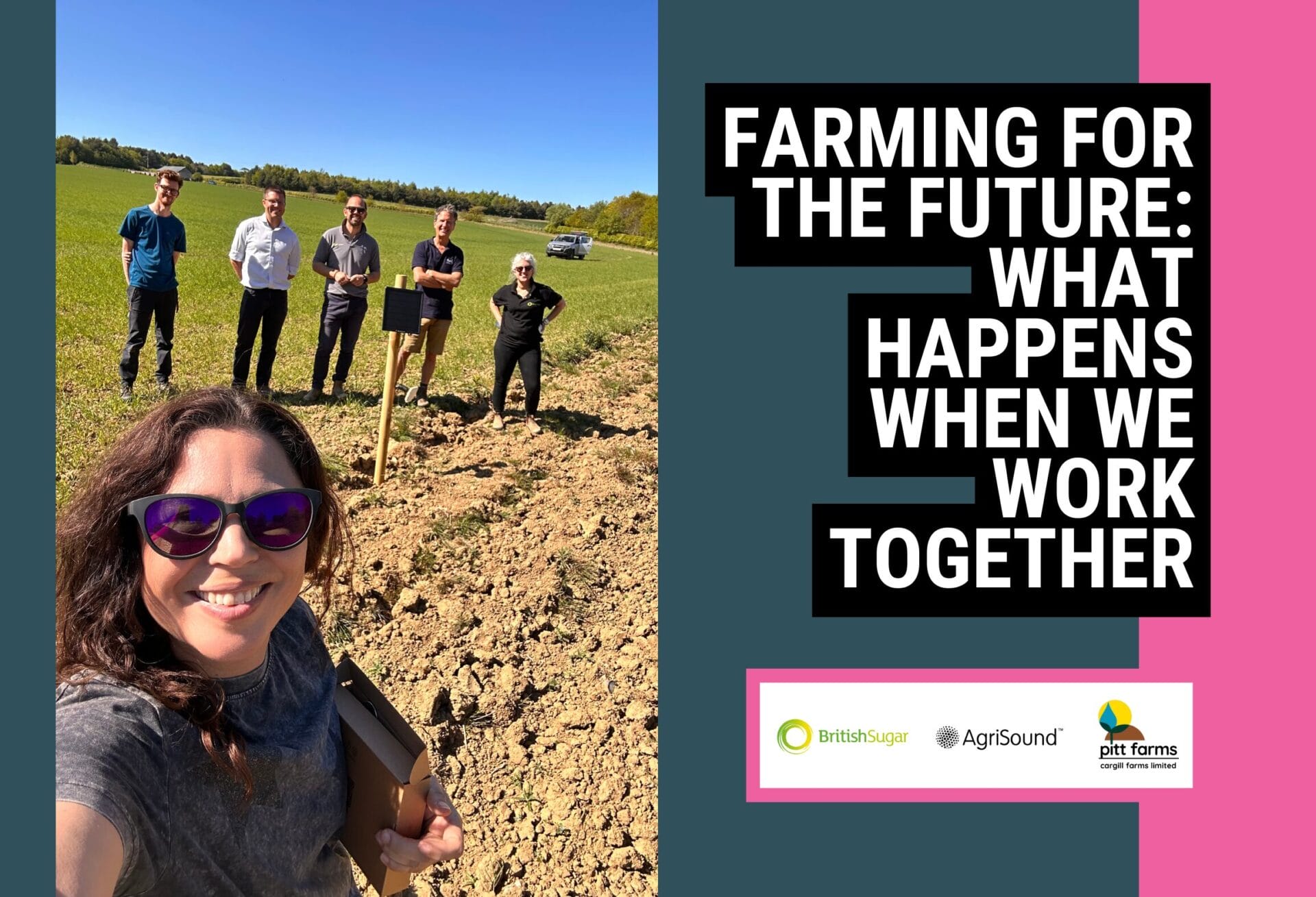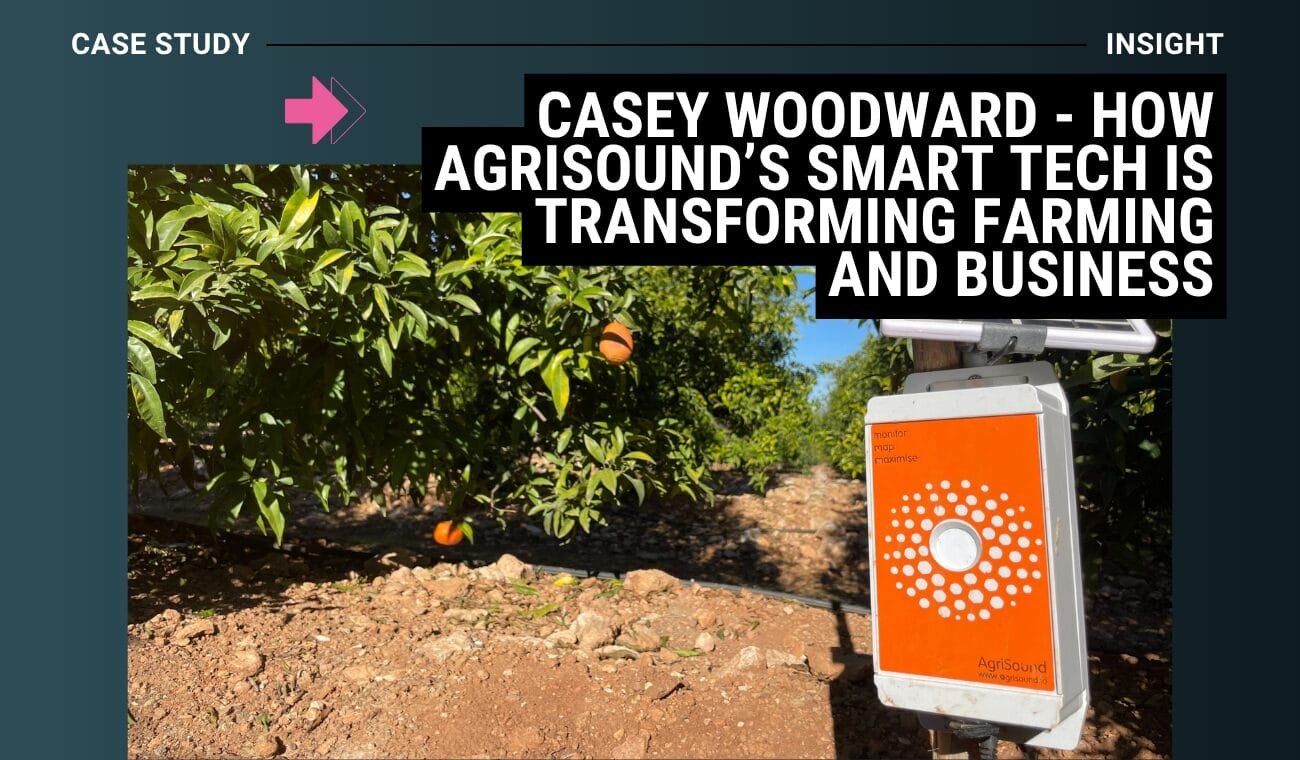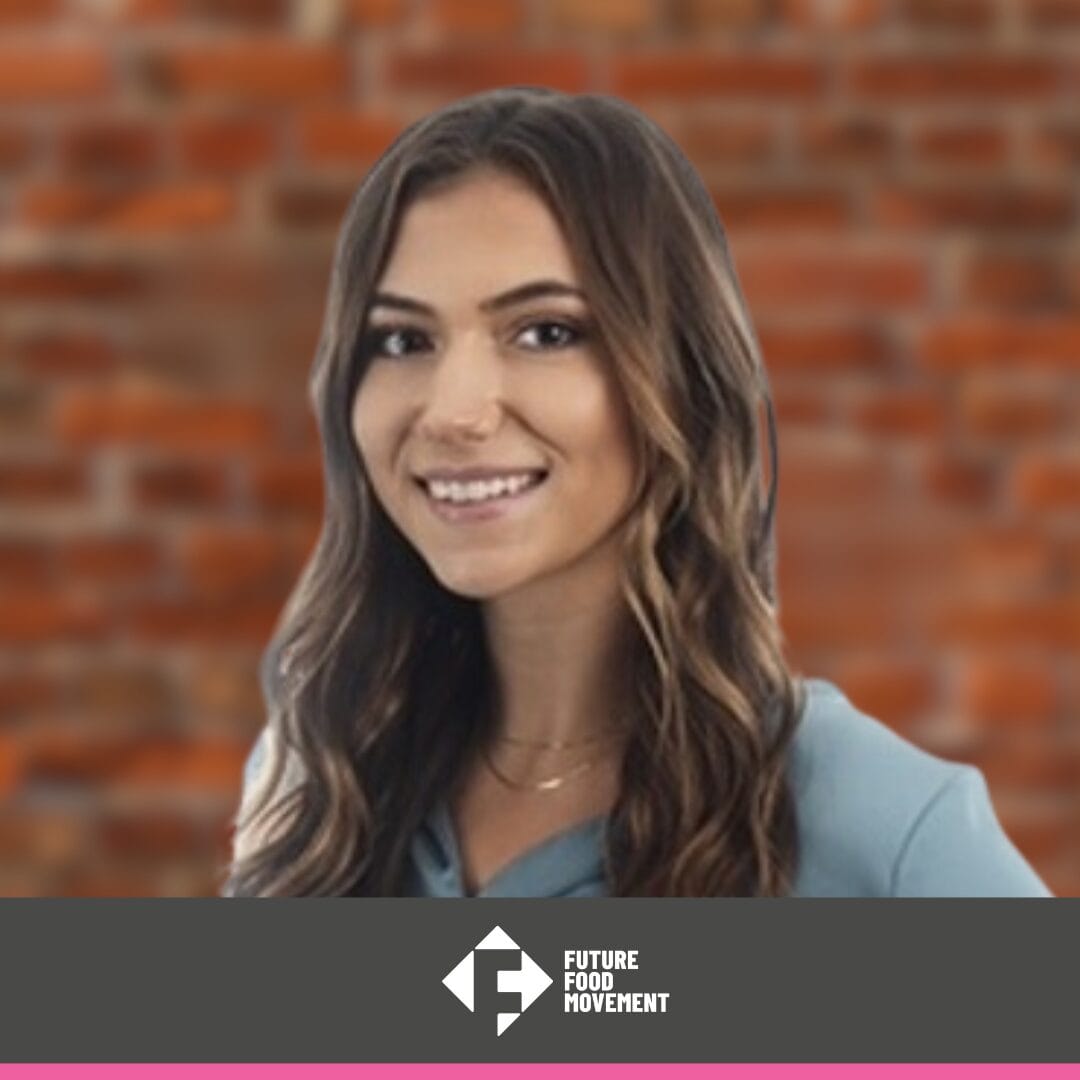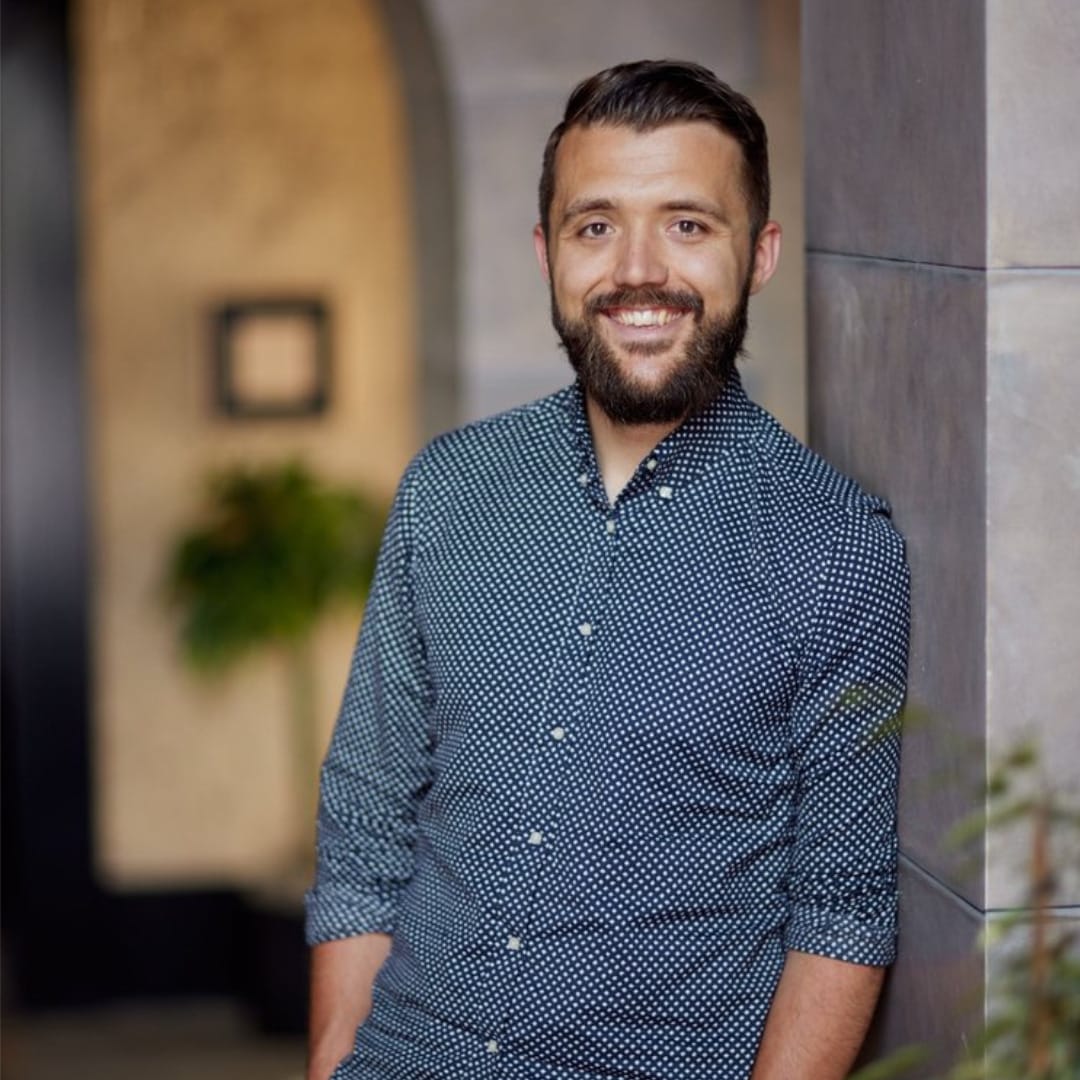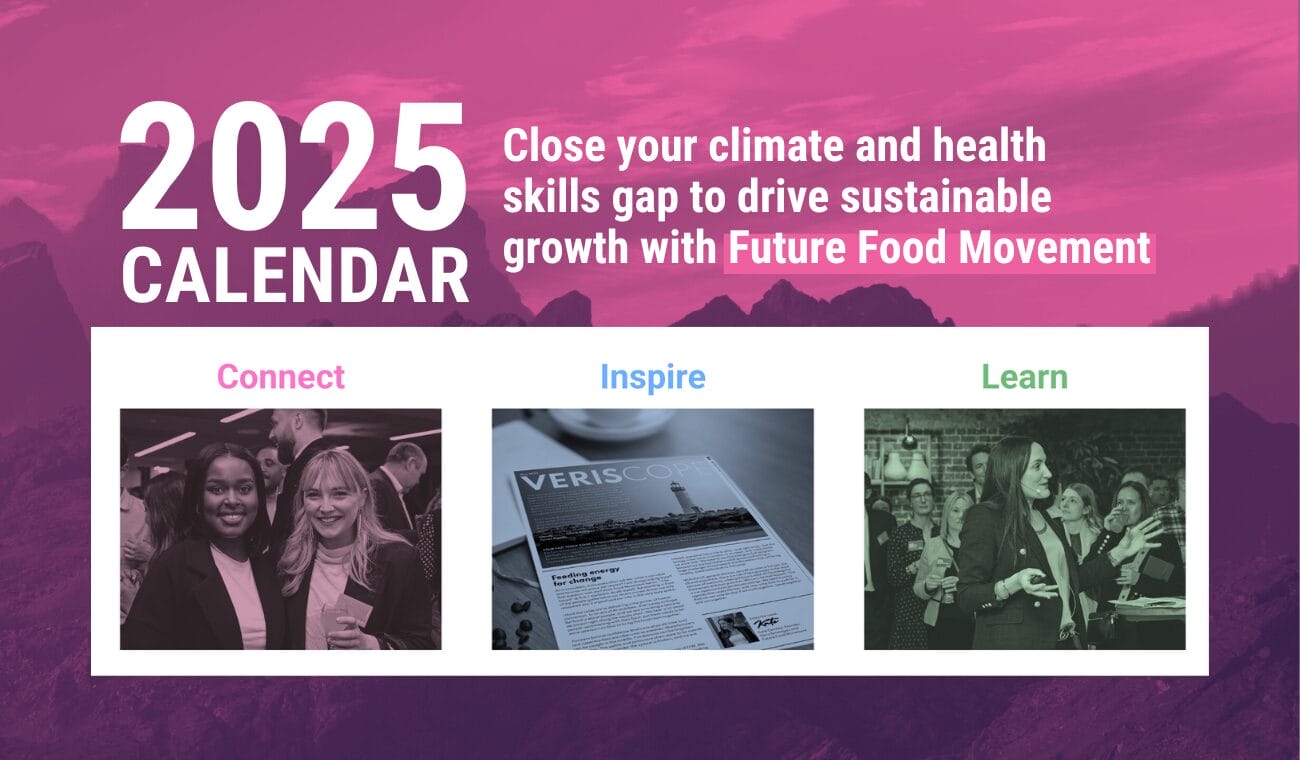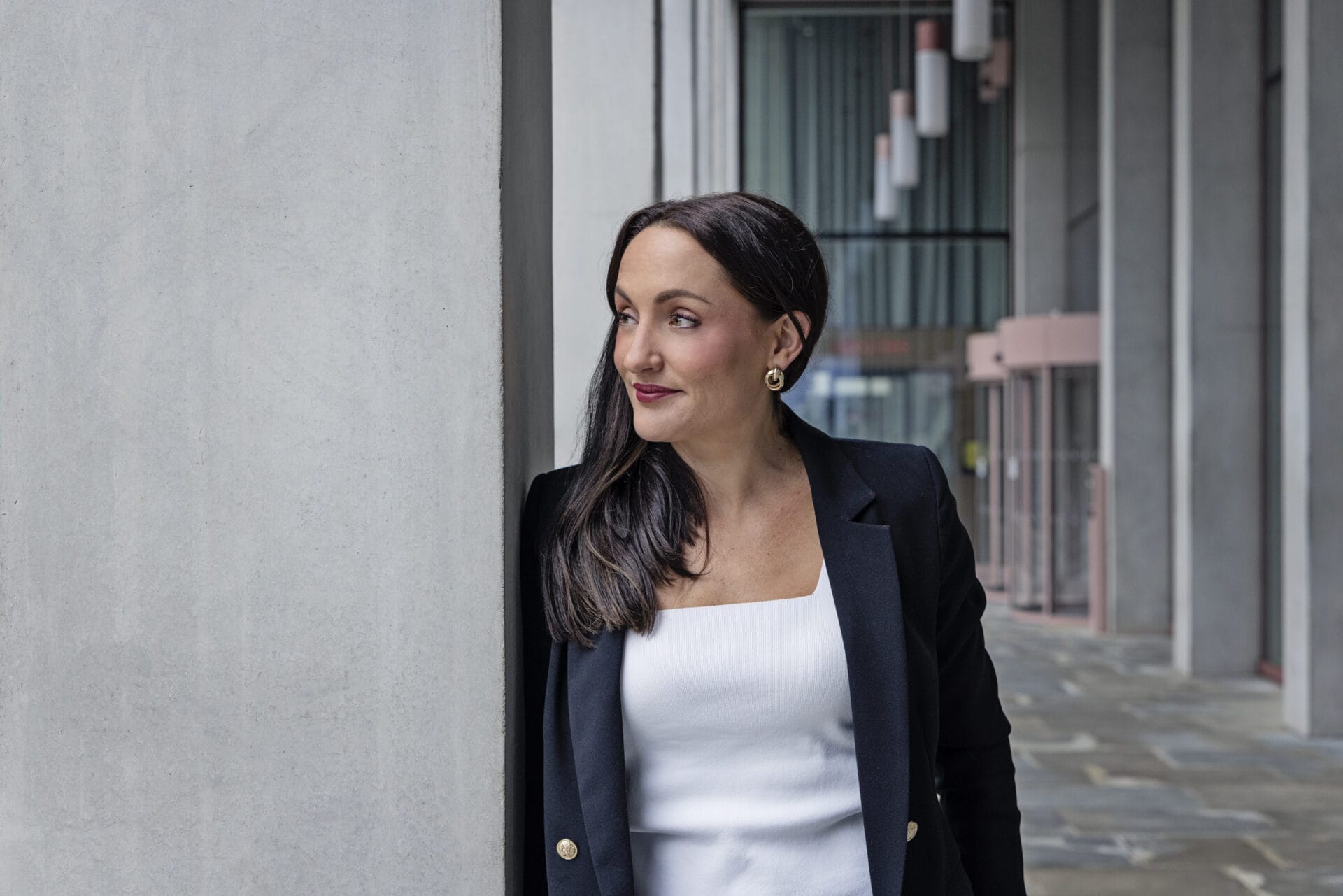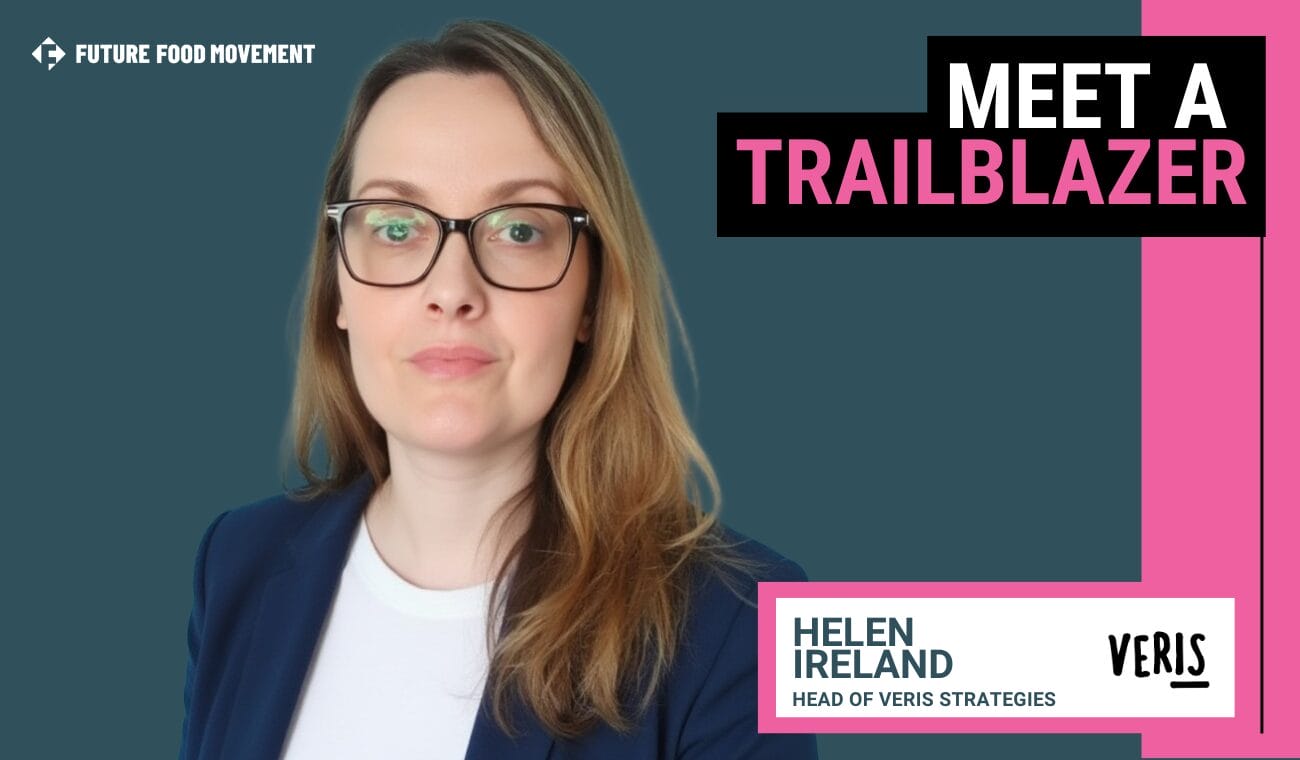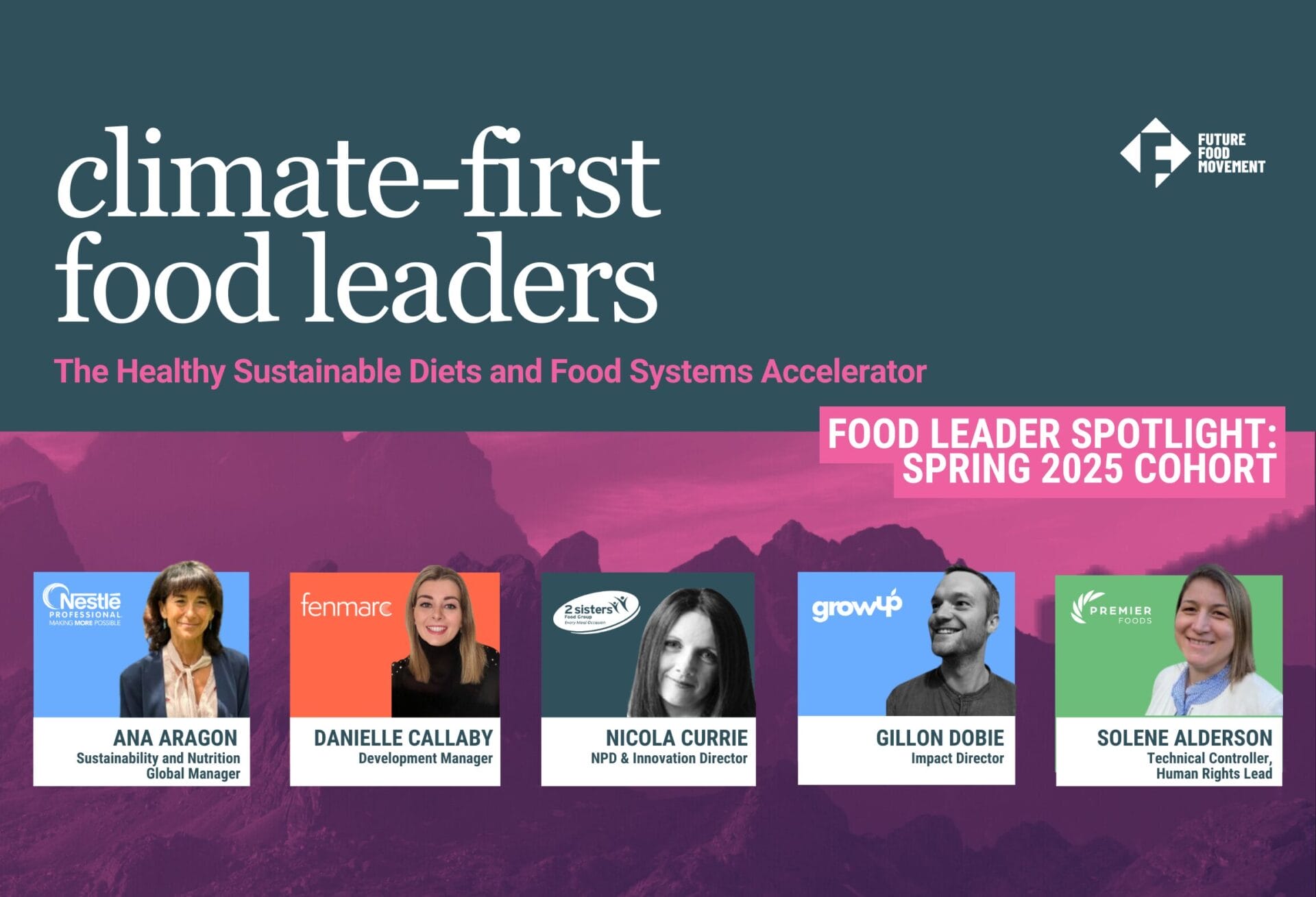Future Food Movement is all about empowering industry leaders to make meaningful change with access to the tools, platforms, experts, and community necessary to build knowledge.
The article by David Burrows delves into research conducted by major corporations, discussing the evolving role of chief sustainability officers (CSOs) and the pressures they face in today’s industry. Read the full article here.
Our Founder, Kate Cawley is featured in Just Food Magazine about the competing demands on the new CSO alongside Future Food Movement Members Fran Haycock, Head of Sustainability at Greencore and Sam Thompson, Head of Sustainability at The Billington Group.
“The best CSOs now recognise they cannot take sole responsibility to turn global food companies around,” says Kate Cawley, founder of Veris Strategies, and The Future Food Movement. “They recognise it’s not so much a sustainability problem we face, but more a complex business model challenge.”
“You have to be empathetic to the business priorities, the demands of consumers, the asks of suppliers and customers – and that means understanding the commercial pressures on consumers and customers too,” says Fran Haycock, Head of Sustainability at Greencore, which makes convenience foods including pre-packed sandwiches and chilled soups for grocery and foodservice companies in the UK and Ireland. “This [job] is about disruptive leadership done well and you have to find that sweet spot between pace and patience.”
“Communication is so important,” explains Sam Thompson, Head of Sustainability at Billington Group. “Consider our suppliers of which many are small businesses. We are talking with them about Scope 3 emissions and the need to work on reducing them. We have to be aware that many of them will not even have started on this journey yet. The bigger ones we can be a little more proactive with and look at some of the specifics of what we want because our customers are of course coming to us with similar questions and requests.”
Thompson also has a job on internally to communicate, raise awareness and garner support. “Some of this is also new to our leadership team so they need someone they can trust to advise them, prioritise and drive change in the places that will make a difference,” he explains. “I need to know enough to be considered an expert but part of this role is absolutely about deciding what you need to know and don’t know.”
Read the full article here.
